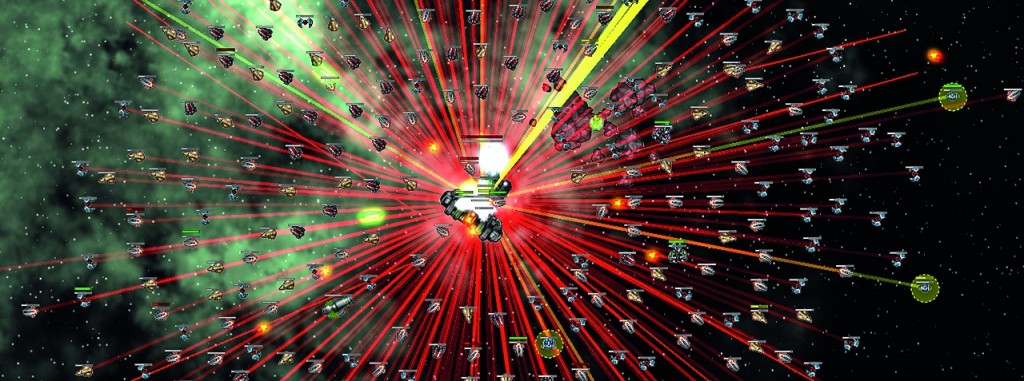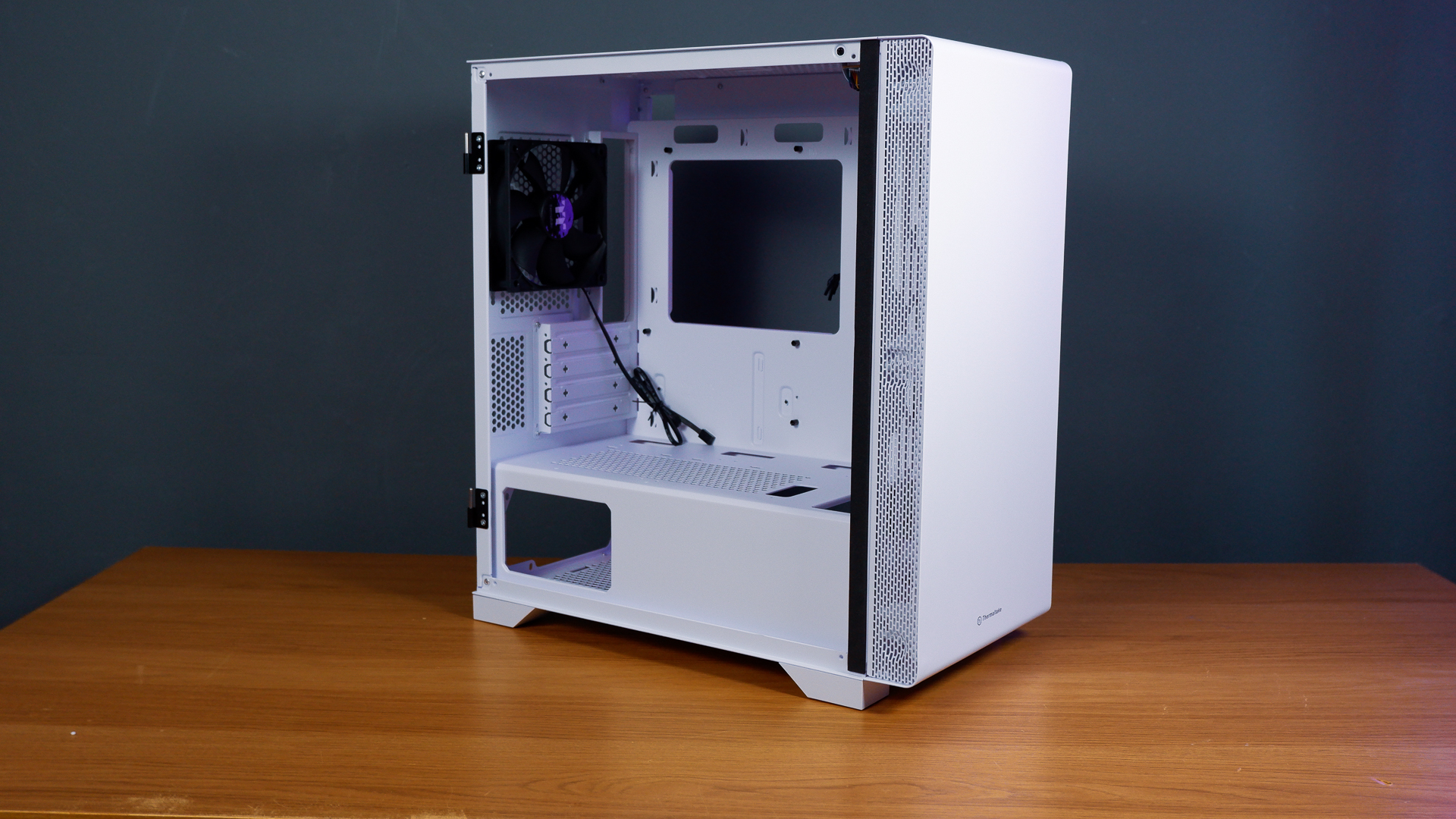Our Verdict
Excellent space strategy. This out-of-the-blue one-man passion project is one of this years finest strategy games.
PC Gamer's got your back
This is review appeared in PC Gamer UK 206, which was like a million years ago. We're putting it online because Arcen Games are dying of no money disease , and you need to know how good their game is. It's only got better in the year since we reviewed it.
The difficult thing is trying to describe what AI War actually is. It's an RTS with turnbased combat. It's tower defence with spaceships and wormholes. It's galactic conquest where the silliest thing you can do is try to conquer everything. It's a skirmish game where the AI has no interest in pretending it's a human player.
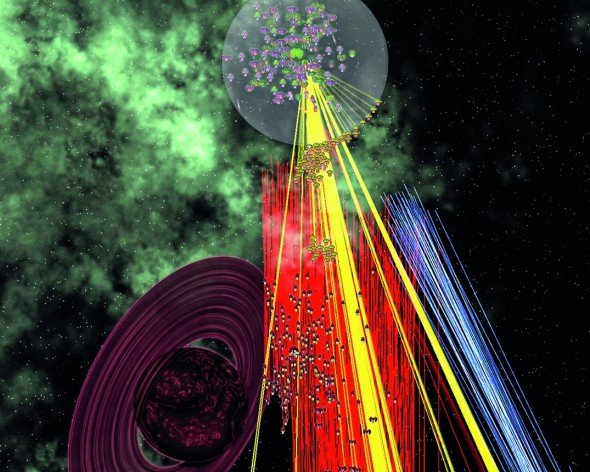
The game universe spans 10 to 120 wormhole-linked planets, depending on how long you want your campaign to be – a couple of hours for the former, a good 20 for the latter. Two of those planets – precisely which you'll discover only from extensive exploration – are homebase to two AI factions that must be defeated. It's two no matter what, even in co-op, which is hands down the best way to play AI War.
It's a crusade, a hunt for your foes' very hearts. Except they're fighting back, and in a way you cannot. At regular intervals, no matter what, they'll warp in an attack fleet and head straight for one or more of your systems. The size and ferocity of this fleet depends on how much you've ticked them off. Yet it's necessary to attack their minor systems, as you need the resources and the wormholes. Whenever you do, and whenever you climb up the tech tree or build something enormo-big, the AI's Alert Level climbs. 'Let sleeping dogs lie' is a fine adage, but it doesn't apply when the dog in question is sleeping on top of a bunch of Crystal and Metal mines you need in order to build starships.
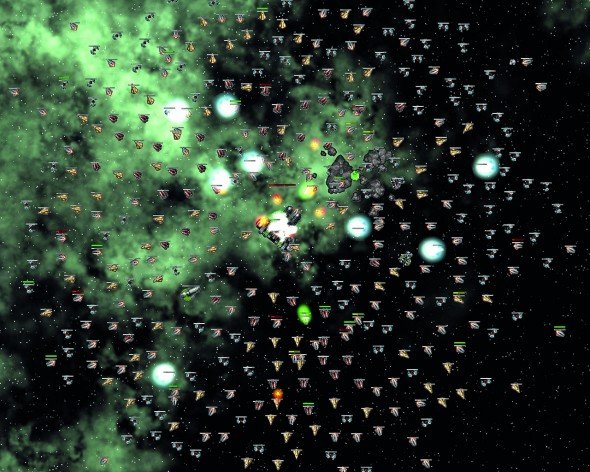
Expand or die
'Paranoid expansion' is perhaps an accurate summation. You have to grow your empire, but as you do you worsen your lot, finding it necessary to set up increasingly elaborate and expensive defences in your captured systems. This constant, delicate balancing act is why AI War works so well. Systems you don't need should be left alone, as all grabbing them achieves is to raise the rageometer. On top of that is the glorious complexity of the tech tree. Supreme Commander/Total Annihilation is your best touchstone, both in terms of the thousands-strong unit count and the rigid this-beats-this-and-that-beats-this balance. But new nuances reveal themselves constantly, as the enemy drops something new on you or you encounter some new, double-hard-bastard defensive setup.
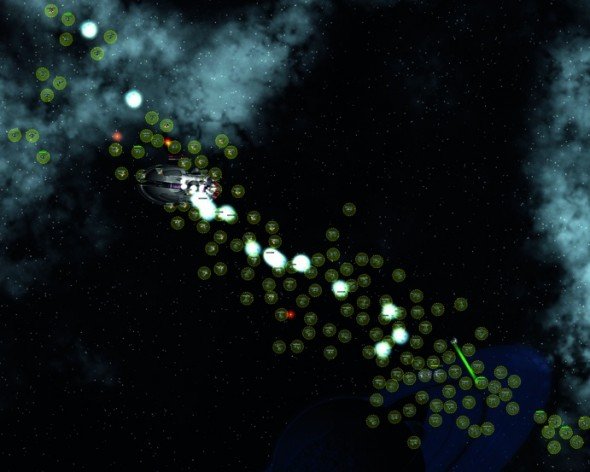
It doesn't ever get easier: it just gets bigger. More fronts to assault and defend, bigger ships to kill, and bigger ships to kill your bigger ships. Nukes, ion cannons, planet-sized forcefields, near-indestructible Astro Trains. A foe that never sleeps.
Hours ago, galaxies ago, you stopped noticing it was 2D and halfmade of ugly, utilitarian fonts. It has the presentation of a spreadsheet, but as much heart and soul as Dune 2, Total Annihilation, Homeworld, Galactic Civilizations and Desktop Tower Defence rolled into one.
Alec Meer
Excellent space strategy. This out-of-the-blue one-man passion project is one of this years finest strategy games.
PC Gamer is the global authority on PC games—starting in 1993 with the magazine, and then in 2010 with this website you're currently reading. We have writers across the US, Canada, UK and Australia, who you can read about here.
